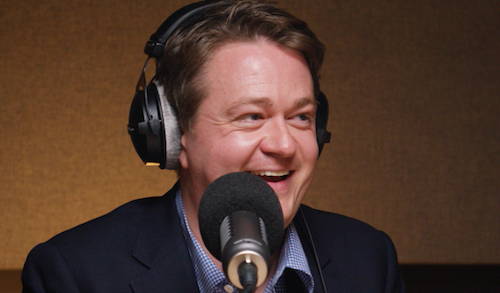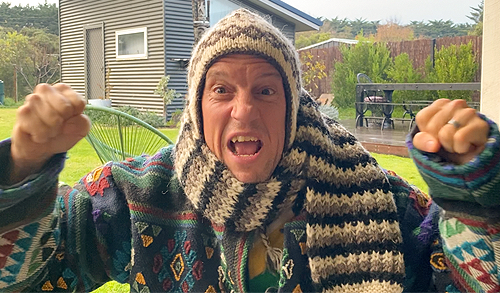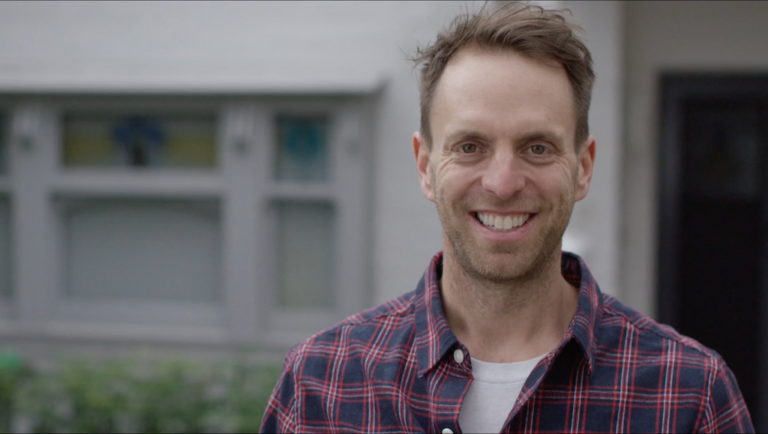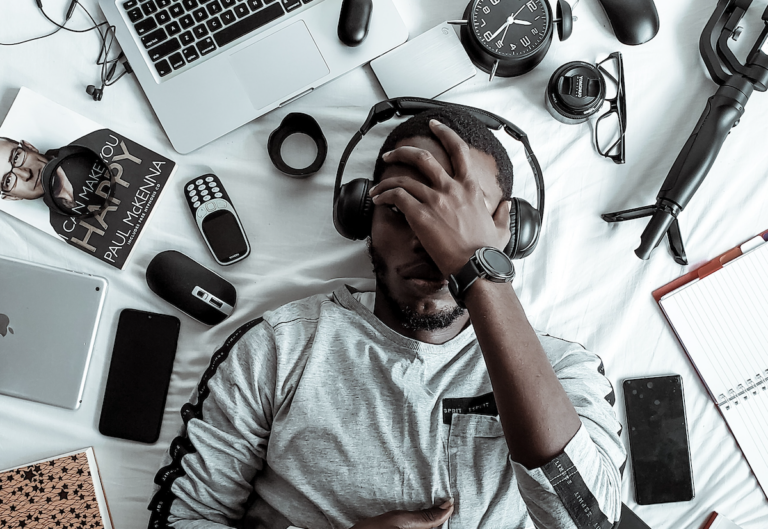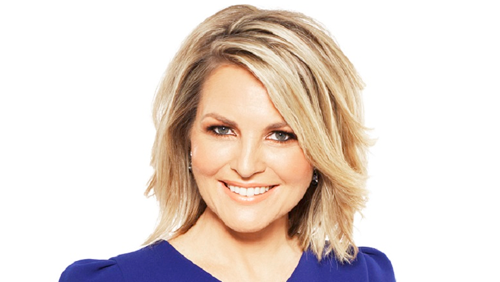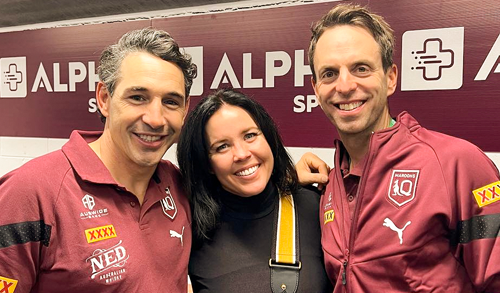For avid listeners of The Imperfects podcast, Johann Hari needs no introduction. One of Hugh, Ryan and Josh’s favourite guests, Johann is the author of three New York Times best-selling books, the Executive Producer of an Oscar-nominated movie and the recipient of rave reviews from the likes of Oprah, Elton John and Hilary Clinton. Yet it is his brilliant storytelling and compelling case for a return to human connection (peppered by his signature cheeky asides and occasional potty mouth) that makes Johann such a beloved friend of the show.
In this episode, Hugh and Johann discuss his second book, ‘Lost Connections: Uncovering The Real Causes of Depression – and the Unexpected Solutions’, which was described by the British Journal of General Practice as “one of the most important texts of recent years”. As a teenager, Johann was told there was only one reason he was experiencing bouts of depression and anxiety: because he lacked a certain chemical in his brain.
That’s not necessarily wrong, says Johann, “but there’s something missing in that picture”.
Johann argues that we need to take a look at all causes of depression and anxiety, including psychological and environmental factors. He tells Hugh about a study in the US that asks people, ‘How many close friends do you have that you could turn to in a crisis?’ When the study began years ago, the most common answer given was five. Today, the most common answer is none.
“We are the loneliest society in human history,” says Johann. “Forty percent of Americans agree with the statement ‘Nobody knows me well’. And Australia is right up there with the United States in terms of loneliness.”
Social media, of course, plays a big part. But Johann says the far more widespread loss of human connection, love and empathy is what’s ultimately leading to a decline in our mental health.
He tells a story about a psychiatrist who travelled to Cambodia in 2001, where he met with a group of local doctors. They told him about a farmer who stood on a landmine and lost his leg. He was given an artificial limb and went back to work in the rice fields, but he was so traumatised by what had happened to him, he couldn’t stop crying and soon developed what we know as classic depression. The doctors sat down with the farmer, listened to him and realised it was perfectly reasonable to be depressed and anxious about returning to work where a traumatic incident occurred. So the doctors bought him a cow, figuring he could become a dairy farmer instead. Within a month, the farmer’s depression was gone.
“What those Cambodian doctors knew intuitively … is what the World Health Organisation has been trying to tell us for years,” says Johann. “That if you’re depressed or if you’re anxious, you’re not weak, you’re not crazy, you’re not, in the main, a machine with broken parts. You are, in the main, a human being with unmet needs. And what you need is love and practical support to get those needs met.”
This is the central tenet to Johann’s argument: that when talking about addressing anxiety and depression, we need to be talking about the imbalances in the way we live, how we support each other, how we connect with each other.
“Those doctors didn’t say to that farmer, ‘You’ve got to pull yourself together, it’s up to you to solve this problem,” Johann says. “They pulled together with him.” Our challenge as a society, he says, is to find our cow — to find a way to come back together to meet our deep psychological needs.
Johann’s tip to help find your cow
-
- Stop thinking there’s something ‘wrong’ with you. “The Indian philosopher Krishnamurti said, ‘It’s no sign of good health to be well adjusted to a sick society’,” Johann says. Consider what factors could be causing anxiety or depression and, if you could use additional support, seek the help from a professional therapist to address these unmet needs.
- Take time off social media. “The thing I hate most about it is if you spend too much time on Twitter, your thoughts will begin to sound like Twitter, your internal monologue will sound like Twitter, which is kind of angry and bitter and shrill and ungenerous to other people and not trying to understand other people’s point of view but just kind of condemning them. And that to me is an awful way to spend your life.”
- Reach out to people around you and spend time together in person. “As we’re all seeing in lockdown, if this way of communicating through screens met our deeper needs, we wouldn’t be finding all these Zoom conversations so oppressive,” says Johann. “But it’s just slightly wrong. We have evolved to look into each other’s eyes; to sense each other physically.”
Listen to the full ‘Johann Hari — The importance of connection’ episode on The Imperfects now.
